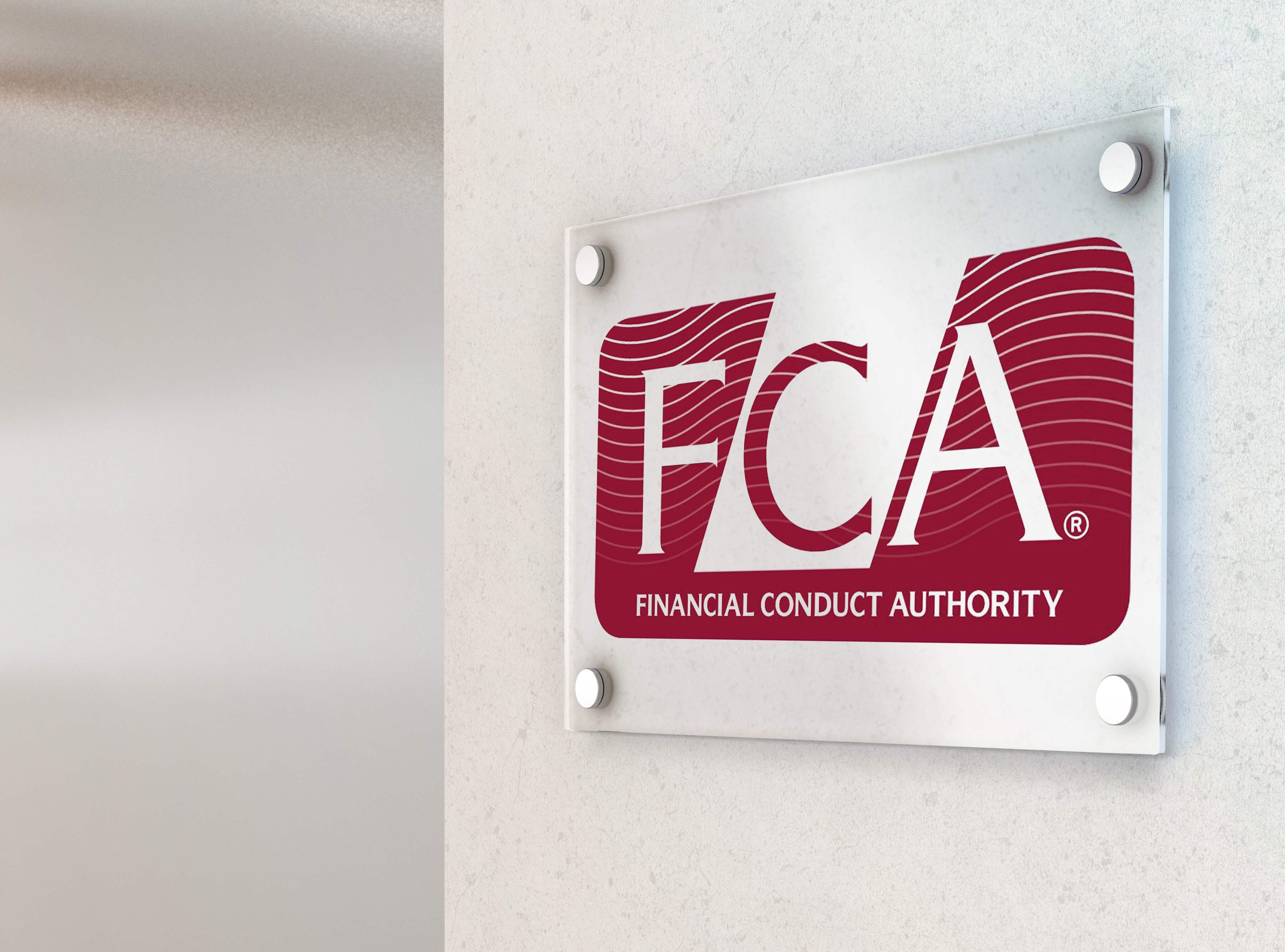

The UK’s Financial Conduct Authority (FCA) is now the anti-money laundering and counter terrorist financing supervisor for businesses carrying out cryptoasset activities.
Any UK business conducting specific cryptoasset activities falls within the scope of the amended Money Laundering, Terrorist Financing and Transfer of Funds Regulations 2017 (MLRs).
The MLRs set out additional obligations of private sector firms working in areas of higher money laundering risk.
They aim to stop criminals using professional services to launder money by requiring professionals to take a risk-based approach.
The FCA now requires cryptoasset businesses to:
A spokesperson said: “We will proactively supervise firms’ compliance with the new regulations, and will take swift action where firms fall short of desired standards and cause risks to market integrity.”
New companies carrying out cryptoasset activity must now be registered with the FCA before conducting business.
In July, the FCA proposed a ban on cryptocurrency derivatives platforms like BitMEX.
The regulator cited “extreme volatility” as a reason for cryptocurrencies being “ill-suited” to smaller retail investors.
The statement claims that retail investors “cannot reliably assess the value and risks of derivatives or exchange traded notes (ETNs) that reference certain cryptoassets”.
It continued: “We estimate the potential benefit to retail consumers from banning these (derivative) products to be in a range from £75 million ($94 million) to £234.3 million ($305 million) a year.”
Denver, Colorado, 24th February 2025, Chainwire
Denver, Colorado, 20th February 2025, Chainwire
Washington, D.C., 18th February 2025, Chainwire
Dubai, UAE, 27th January 2025, Chainwire
Those who enter the market at this time may be surprised to hear that Bitcoin…
George Town, Grand Cayman, 22nd November 2024, Chainwire